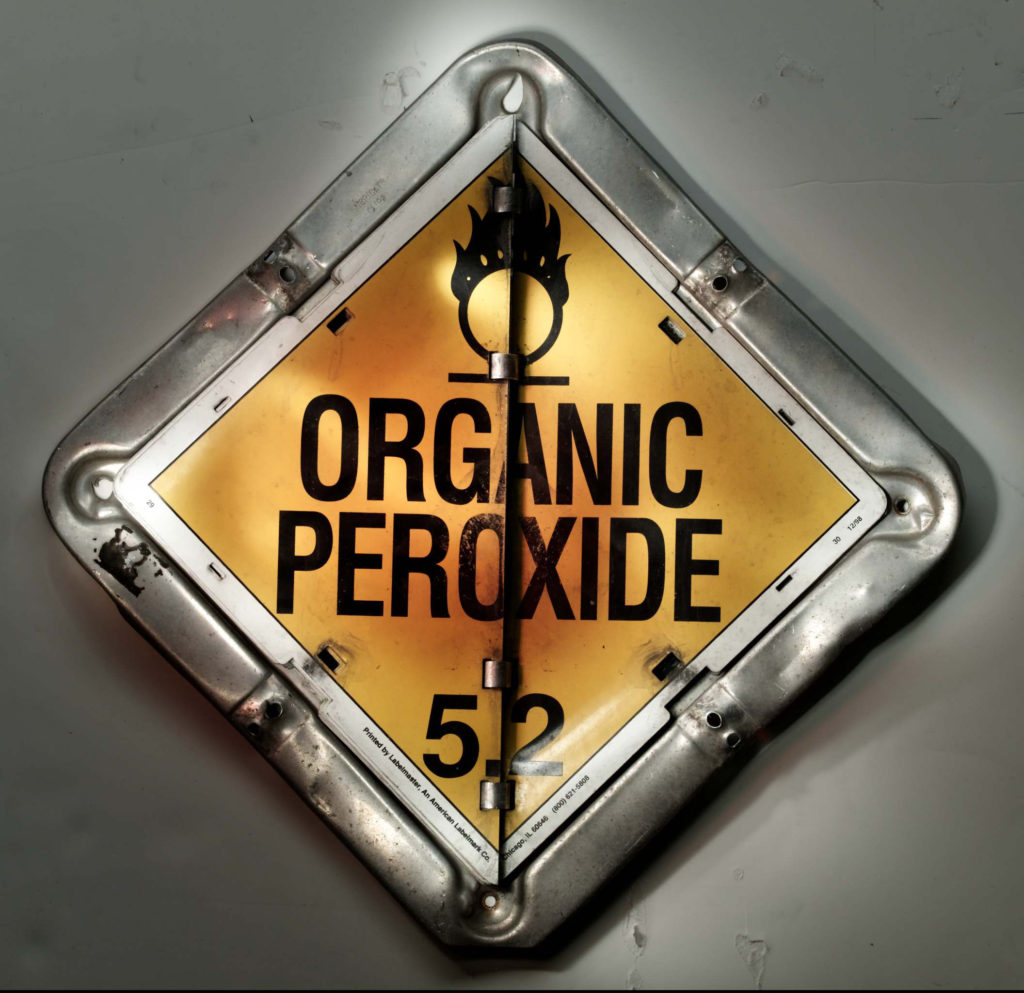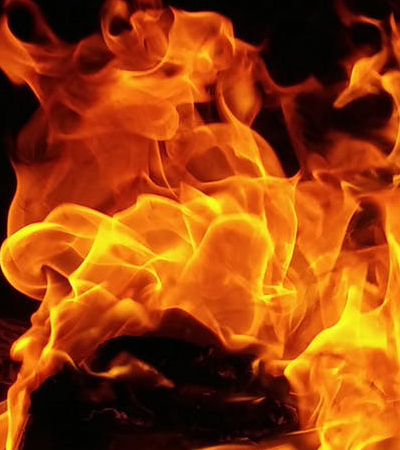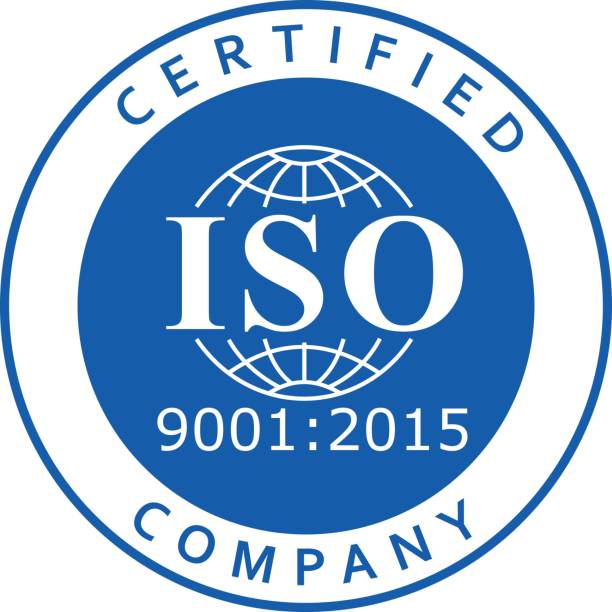Explosion & Fire Hazards
Thermal (Fire and Heat)
Heat, as well as fire, is an important factor in decomposing organic peroxides. Although a few require refrigeration, most organic peroxides used in reinforced unsaturated polyester fabricating plants are stable at room temperature and will decompose quietly when exposed to a gradual increase in temperature. However, after reaching or exceeding the self-accelerating decomposition temperature, the internal plus the external heating accelerates the decomposition, which can result in a fire, or a mild, vigorous or violent decomposition. The length of time involved or the type of decomposition is dependent on the particular organic peroxide formulation.
These same peroxides, even those that decompose mildly, may decompose violently or even explode when subjected to a rapid and excessive increase in temperature. This latter behavior is termed “thermal shock”. In general, organic peroxides that are supplied as diluted solutions or paste formulations burn at slower rates and are less sensitive to thermal and mechanical shock. Nevertheless, all forms of heat, such as steam pipes, sun light, radiators, open flames, sparks, etc., should be kept away from all peroxides. Never exceed the manufacturer’s recommended storage temperature for extended periods of time.




Thermal (Fire and Heat)
Heat, as well as fire, is an important factor in decomposing organic peroxides. Although a few require refrigeration, most organic peroxides used in reinforced unsaturated polyester fabricating plants are stable at room temperature and will decompose quietly when exposed to a gradual increase in temperature. However, after reaching or exceeding the self-accelerating decomposition temperature, the internal plus the external heating accelerates the decomposition, which can result in a fire, or a mild, vigorous or violent decomposition. The length of time involved or the type of decomposition is dependent on the particular organic peroxide formulation.
These same peroxides, even those that decompose mildly, may decompose violently or even explode when subjected to a rapid and excessive increase in temperature. This latter behavior is termed “thermal shock”. In general, organic peroxides that are supplied as diluted solutions or paste formulations burn at slower rates and are less sensitive to thermal and mechanical shock. Nevertheless, all forms of heat, such as steam pipes, sun light, radiators, open flames, sparks, etc., should be kept away from all peroxides. Never exceed the manufacturer’s recommended storage temperature for extended periods of time.

Mechanical (Grinding and Friction)
Some pure, dry, solid peroxides, such as Dibenzoyl Peroxide, can decompose violently if subjected to “mechanical shock” such as grinding, friction, etc. The violence of the decomposition is dependent upon the quantity of material involved and the degree of confinement. The sensitivity to mechanical shock may be increased by a moderate elevation in temperature.
Mechanical (Grinding and Friction)

Some pure, dry, solid peroxides, such as Dibenzoyl Peroxide, can decompose violently if subjected to “mechanical shock” such as grinding, friction, etc. The violence of the decomposition is dependent upon the quantity of material involved and the degree of confinement. The sensitivity to mechanical shock may be increased by a moderate elevation in temperature.
Popular Products
Plasperox BP-75
Plasperox K-8
Plasperox TBH-80
Plasperox TBPO
Plasperox K-9
Awards
President's Gold Medal
Udyog Patra
Udyog Rattan
Address
M/s. Plasti Pigments Pvt. Ltd.
C-8/5, Pavne Village, TTC Industrial Area, Off Thane Belapur Road, Navi Mumbai - 400 703, Maharashtra, INDIA.
CIN No.
U14558MH1970PTC014558

